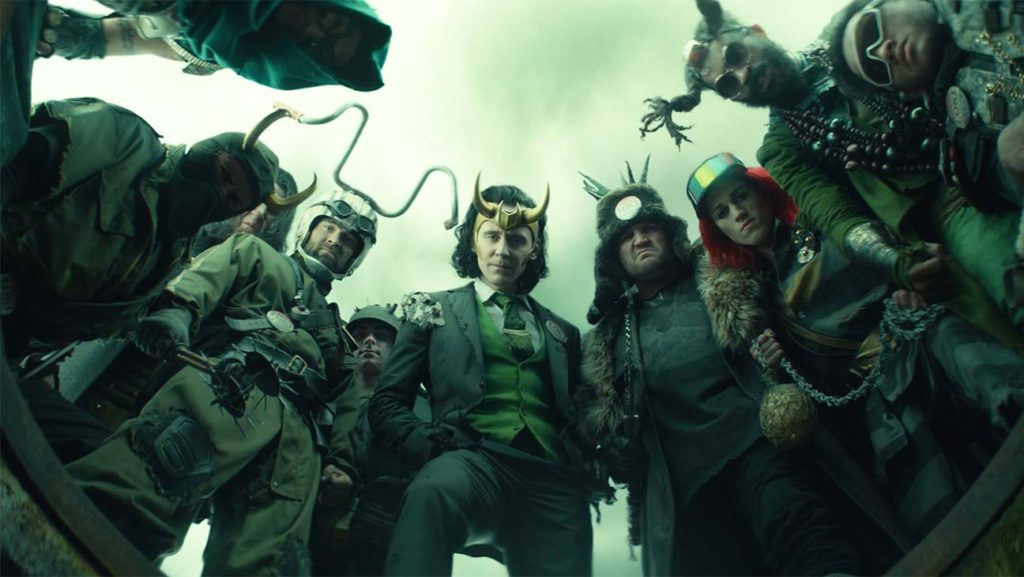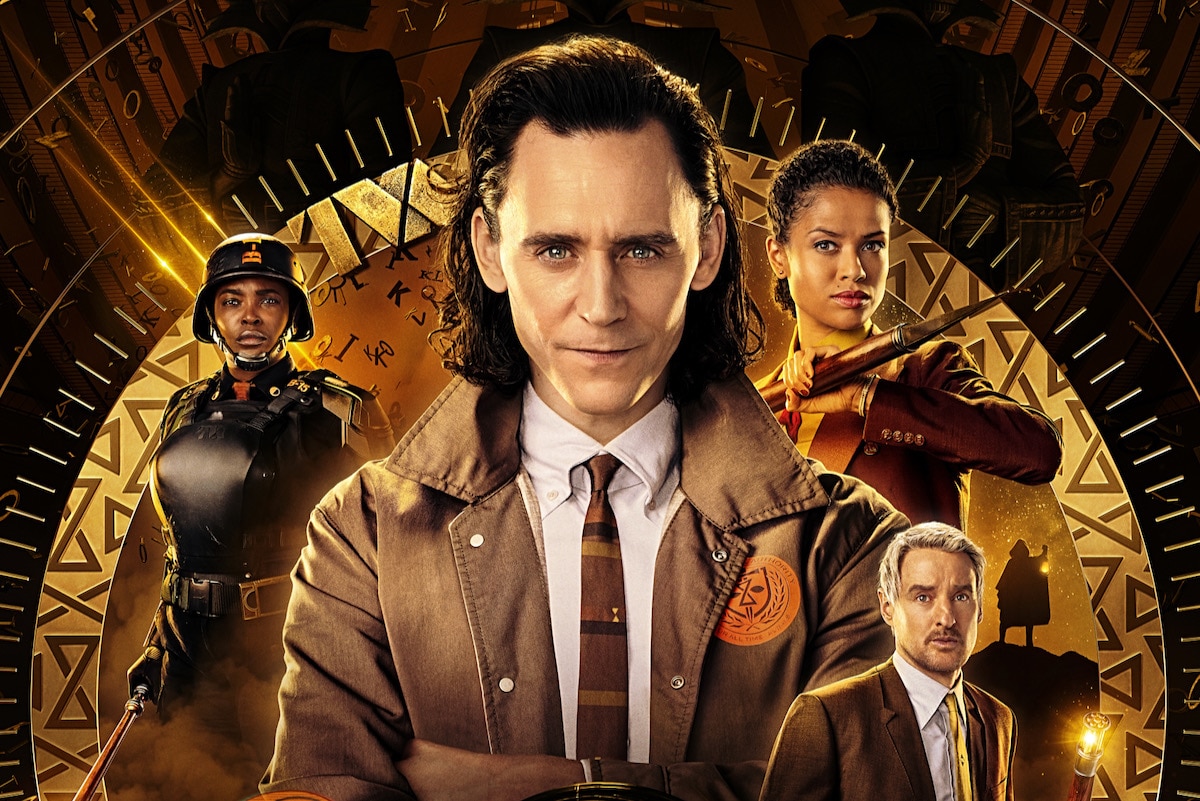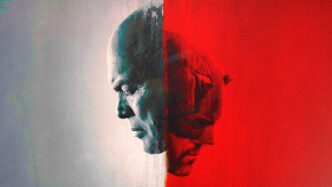Loki is perhaps the best salvo yet in Marvel’s new direction for its tv properties. It’s definitely the weirdest series so far, and it’s got the best of both worlds: largely self-contained for most of its runtime while still bearing major ramifications for the larger Marvel Cinematic Universe.
You have to remember, the Loki (Tom Hiddleston) we follow in this series isn’t the one who died in Avengers: Infinity War, but an earlier ‘variant’ who escaped using the Tesseract in the aftermath of the first Avengers film. He doesn’t get to do much with his new-found freedom, as he is immediately apprehended by the Time Variance Authority. It’s soon explained to him that the TVA polices the ‘sacred timeline’, and ‘variants’ are captured and ‘pruned’, which is a more impersonal way of saying killed.
Before Loki meets such a fate, however, he is claimed by the analyst, Mobius (Owen Wilson) who wants to use him to find a dangerous variant who has been killing TVA agents across time, because this variant also happens to be another Loki. As Loki discovers this new ‘enemy’, he finds himself on a journey to discover what the TVA is actually about and who might be pulling the strings from the shadows.

Tom Hiddleston, who has been in six Marvel films by this point but has never had the screen to himself, finally gets to shine and deal with more meaty material that has plenty of character development. Of course, there is the caveat that his character, who in 2012 was basically a jilted, scenery-chewing villain willing to kill people to get his way, takes a hard left and becomes more reflective and even vulnerable as he explores friendship and love.
Hiddleston is supported by a terrific cast. Owen Wilson as Mobius is a fantastic foil for Loki- he can usually smell Loki’s bullshit and calls him out on it. Sophia Di Martino almost upstages Hiddleston as ‘Sylvie’. She is witty and can match Loki word for word when it comes to banter, but she is also just as lonely as he is, and together, they discover a kinship that both had never experienced before.
Wunmi Mosaku does well in her limited role as a tough time hunter who later discovers a startling truth about her circumstances, and Gugu Mbatha-Raw is good as a confident bureaucrat who has been following the rules for so long that she can’t look beyond them. And then there’s Jonathan Majors, who takes control of a long expository sequence in the finale and infuses it with an off-kilter and chaotic energy, striking the right balance between seeming harmless and menacing. And who can forget Richard E. Grant’s turn as an older version of Loki, as well as Kid Loki and Gator Loki.
The straight-up weirdness in Loki is also worth noting. It’s not entirely original- the influences of everything from Hitchhiker’s Guide to the Galaxy to Doctor Who are clearly visible. Not all of it works- a cloudy entity in one of the later episodes who devours people feels a little uninspired, like the similarly formless take on Galactus from the 2000s Fantastic Four movies.
The finale might feel off-putting to some because of the aforementioned exposition, but it leads to a meaningful conflict between Loki and Sylvie and ends on a dire, but necessary note that opens the door for the next series of big events in the MCU.
If you’re a fan of weird stuff, do give Loki a try. Season two has already been confirmed, so hopefully there’s a lot more goodness where it came from.







